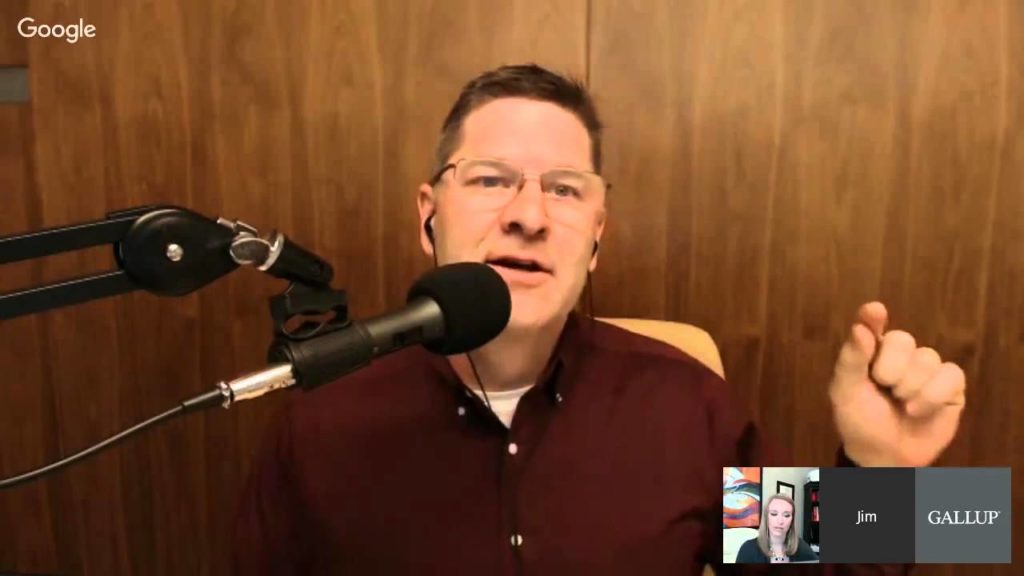Over the past few months, since the beginning of the COVID-19 pandemic, I spent time thinking about my work, the services I offer more specifically, as well as more broadly thinking about businesses and brands.
Of course I’m far from being the only one to have had time to think (and/or worry). In all honesty I’d already been thinking about this for a while beforehand. I just hadn’t progressed much in writing about it.
I have been occasionally interacting with a wide bunch of very smart people, from fellow strategists I already knew, to people on Twitter, on the Account Planning Facebook Group, the Sweathead Facebook Group, and independent consultants of the Yak Collective, who have published valuable presentation decks with a wealth of inspiring thinking and references.
It is valuable to learn how these independent consultants think about the wide array of products, services, businesses, and industries they work on. It is giving me a much wider approach to considering my own service offering. I have mostly worked and earned income thanks to marketing agencies over the past 13 years, though this industry has been changing throughout my career, those changes have been accelerating with the pandemic, and I think make it worth me thinking of my work. I will circle back and dig into this particular topic a little later on.
The Teaching Tangents conversations I have with my friend James D’Souza also help with the thoughts I am putting together, as his questions from students on a wide variety of topics about the future of young people lead me to keep thinking on the back of each live video chat we have.
I also read Cal Newport’s Deep Work. I loved it; seems like it was a perfect time for me to read it, and begin applying some of the practical suggestions from the book. In case you haven’t heard about it, the book is about the importance of investing effort into “Deep Work,” defined by the author as:
“professional activities performed in a state of distraction-free concentration that push your cognitive capabilities to their limit. These efforts create new value, improve your skill, and are hard to replicate.“
One of the main realizations for me, which seems painfully obvious in hindsight, but I had nearly forgotten, and that is that I am, in fact, a knowledge worker as defined in the book. I get paid for my (strategic) thinking. In the midst of working on projects, spending time being concerned about where my next gig and rent money are going to come from, keeping in touch with industry news, taking care of admin stuff, etc – it is so easy to be distracted from putting effort into actually thinking about my field and my craft.
I often tend to (kind of lazily) wait until I’m hired for a work assignment to seriously think – rather than say, leisurely day dream about brand strategy stuff, read reports, industry gossip, case studies, and watch videos. I have published written thoughts and musings in my blog, though that has been occasional at best, and old posts seem cringe-worthy to me now.
Long story short, I’m thinking now, and starting from the top, at the risk of repeating thoughts from others. I’ll do my best to give credit where it is due.
For context’s sake, this might also be a good time to tell you about the kind of thinker I am. I am a practitioner first, and as such I tend to be a pragmatic and practical thinker. I mean that I think about what I believe is going to work, however it works.
I believe everything exists within a certain context, and that it is crucial to know about that context. I don’t tend to believe there is just one truth out there. I also love contradictions, so I both believe it’s all relative, and that there are absolutes sometimes too.
I have little formal academic training, so I have less experience on the purely theoretical side of things. This is also why I think this exercise is going to be valuable even if it’s just to organize my own thoughts.
I’ll start as I tend to when I think for work, which is to say zoom out to look at as broad a picture as I can, and then narrow down into different specifics with each new post.
I’ll also add that most people want (or seem to want?) the easy 1-2-3 recipe, or top 10 things, or whatever good looking synthesis model typically summing up a complex situation. These posts are probably going to be a bit of the opposite, sort of like working out and sharing my own sausage making recipe.
I’ll strive for something where I probably already mixed all the bits from the slaughterhouse, to the final stages that are a bit more fun, like mixing in herbs, spices, and fitting the mixture into casings. Vegans are welcome, the analogy (sort of) works for both vegan or animal product sausages.
I’ll list each new post of the series thinking on (independent) strategy consulting here:
- Thinking on Businesses, Brands, and Baked Goods
- On the Value of Thinking for Businesses – with Comic Strips
- What is Strategic thinking, strategy, planning > draft (coming soon, title pending)
- Hiring an External Agent to Think for/with a Business (coming soon, title pending)
- Marketing, Strategy, Planning, Futurism and Other Jargon for Businesses and Brands (coming soon, title pending)
- Hey, What About People? (Or Consumers, Audiences, Users) (coming soon, title pending)
- Who I Am (coming soon, title pending)
- Playful Strategy (coming soon, title pending)



